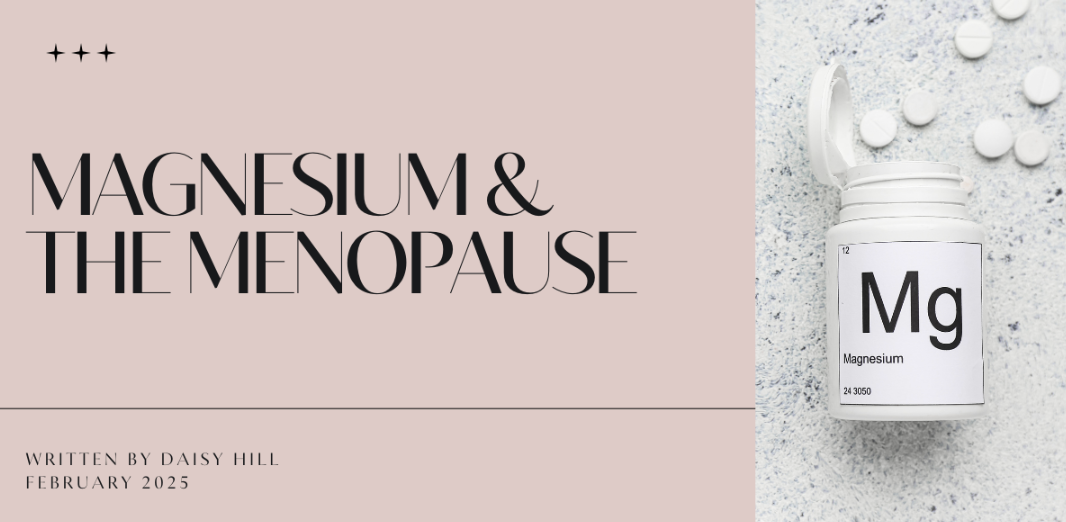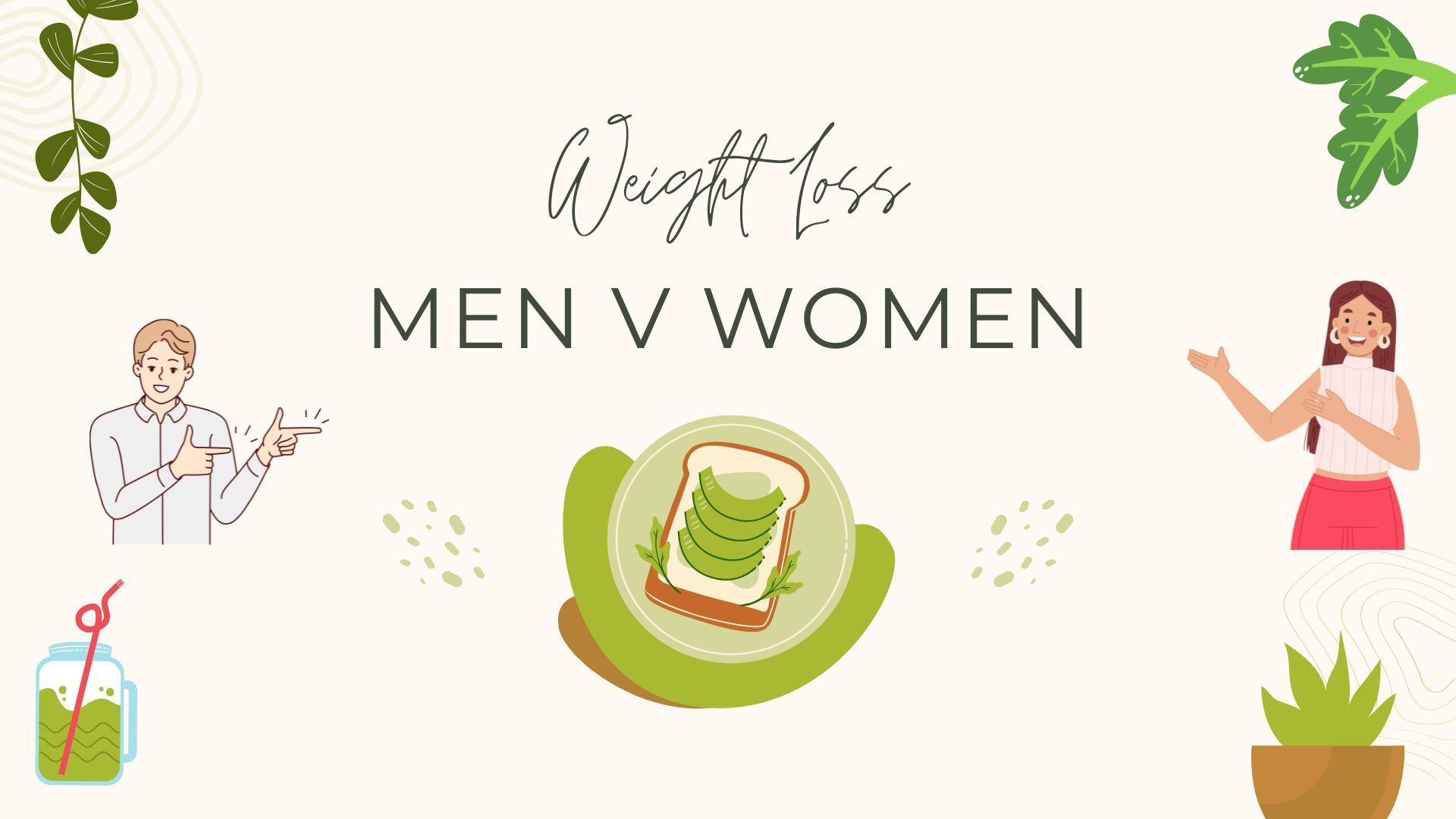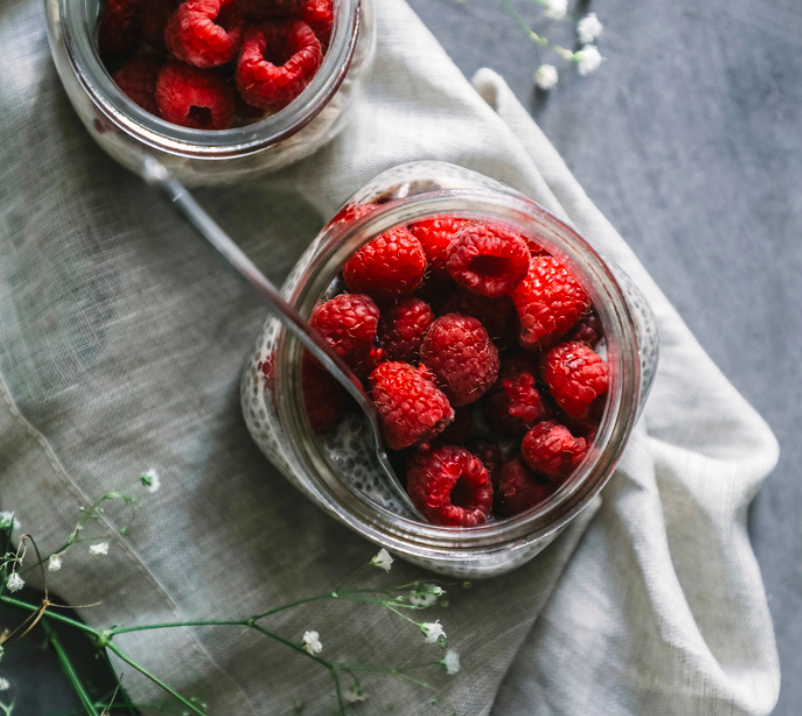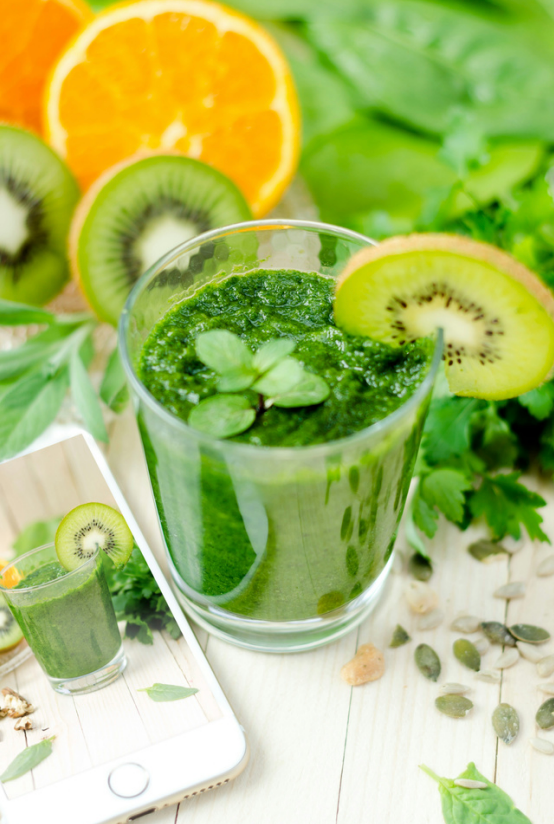Hayfever & Histamine
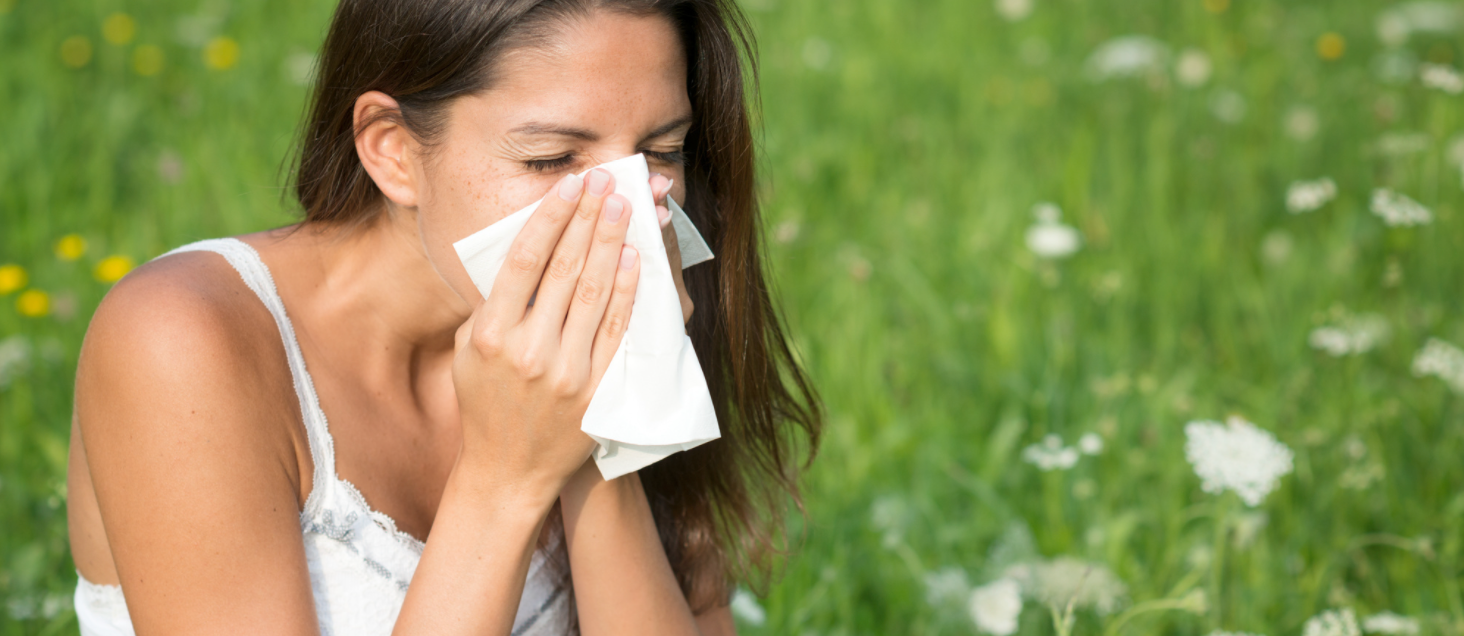
The sun is out and it’s feeling more and more like spring but this brings problems for many of us hayfever
sufferers.
The number of us struggling with hayfever is rising and it can be hugely debilitating. Nutrition can play an
important role as a preventative measure, as well as helping dampen down symptoms.
What is Histamine?
Histamine is a chemical produced by mast cells in our body as part of our immune response. It can also occur in everyday foods such as cheese, wine and fermented foods, and some foods can encourage our body to produce more histamine.
For hayfever sufferers, the immune system overreacts to pollen in the air and releases histamine quicker than the body can get rid of it. This is what causes the symptoms of sneezing, wheezing and itchy, runny eyes.
Some people suffer all year round as they lack the enzyme DAO which breaks histamine down in the body - this is called histamine intolerance and can contribute to symptoms such as skin rashes, hives, headaches, miraines, brain fog, fatigue, digestive issues and food intolerances.
What Contributes to Poor Histamine Breakdawn & Higher Levels?
Hormonal Imbalances:
Oestrogen can hamper DAO, Whereas progesterone can upregulate it. So for those of us in perimenopause or who have ostrogen dominance, histamine can be an issue. I have often spoken to women who only started experiencing symptoms as they hit perimenopause. It also means you can struggle more depending on where you are in your cycle.
Gut Imbalances:
Food intolerances, constipation, and diarrhoea can all be symptoms of histamine imbalances. A healthy gut microbiome is key to keeping your immune system regulated and a dysregulated gut bacteria may even produce more histamine.
Poor detoxification:
If your liver and detoxification pathways are not functioning properly, then histamine may build up and be more likely to cause symptoms. Detoxification includes the gut, so this links back to having a healthy microbiome and transit time, so that histamine isn't being reabsorbed and recirculated.
So How Can Nutrition Help
When I work with clients struggling with histamine intolerance or hayfever symptoms, these are the key steps:
1. A low histamine diet
• This is a short term solution that packs a punch! It can help reduce symptoms significantly whilst we work on the underlying root causes.
2. Work on gut health
• Prioritising a healthy microbiome is key!
3. Work on detoxification pathways
• Making sure your liver, kidneys and gut are working well, are supported nutritionally and are excreting spent histamine.
4. Rebalance hormones
• Addressing any potential oestrogen dominance issues
5. Add in supplements to support DAO production, histamine detoxification and reduce inflammation
• The final part of the puzzle to support the body




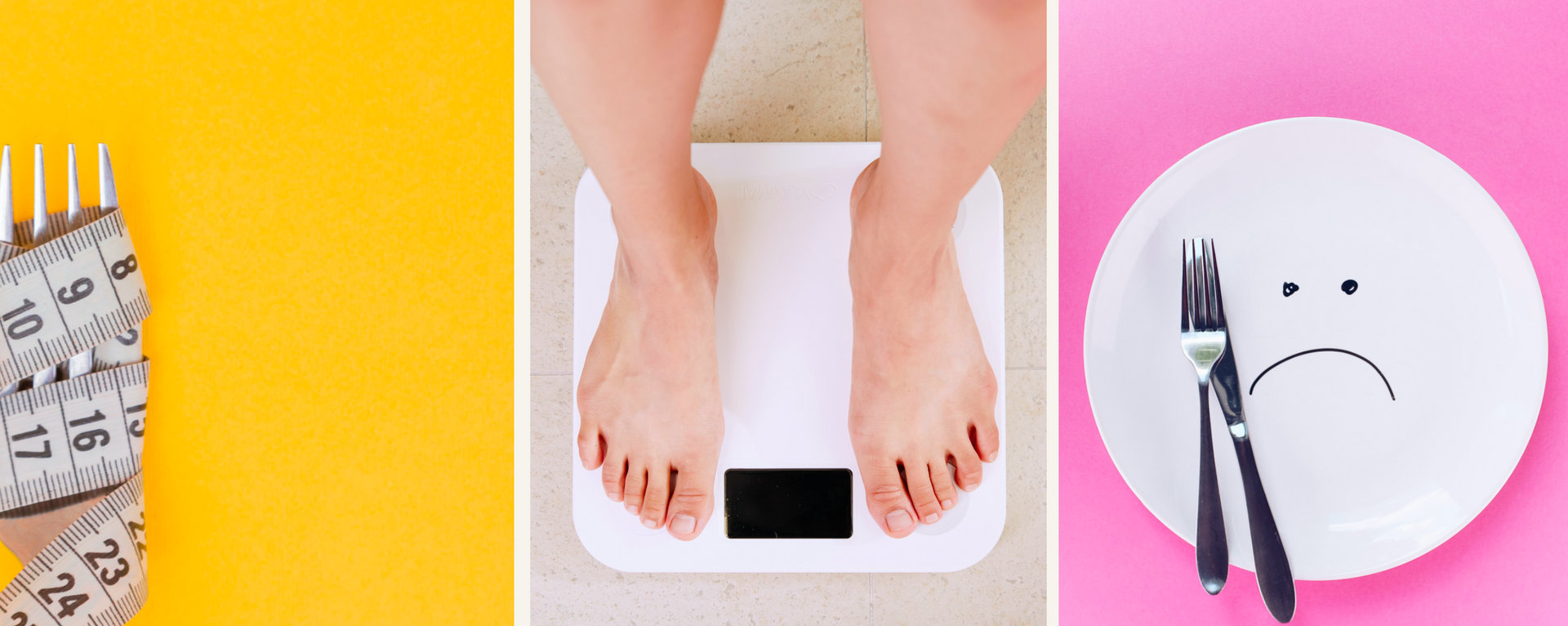

Useful Links
Useful Links
All Rights Reserved | The Oxford Clinic for Nutrition

